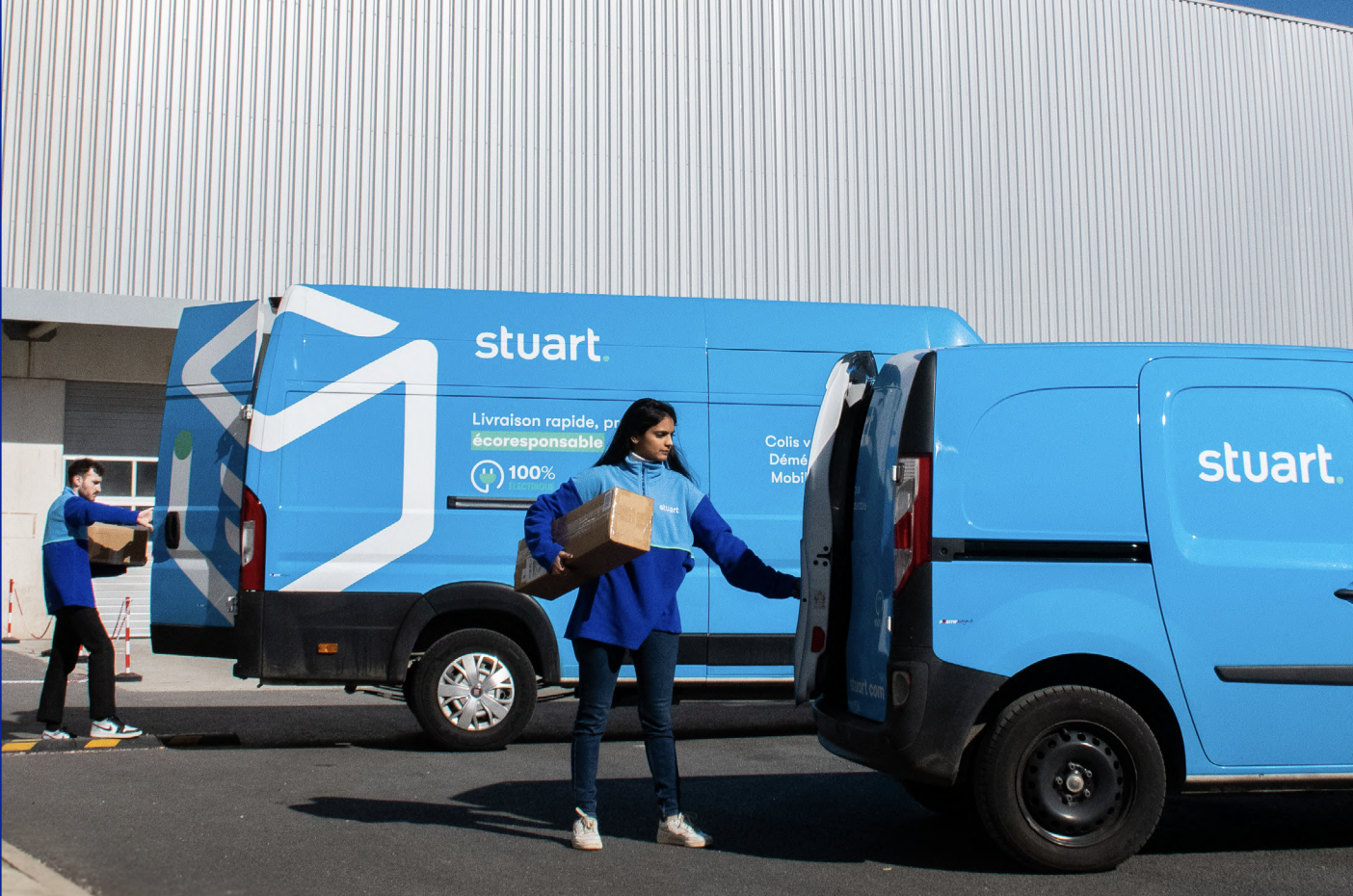Retail industry bodies in the UK and Ireland have warned of potentially devastating consequences if a ’no deal’ Brexit takes place.
The British Retail Consortium has joined with the Northern Ireland Retail Consortium and Retail Ireland to warn that some goods will suffer reduced availability while household budgets would also be squeezed should the UK Government fail to get a deal with the European Union before March 29.
Tariffs, of up to 45% on some everyday food items, and new regulatory checks, likely to mean more time spent on passing customs, would drive up the costs of supplying food to consumers if the UK and the EU countries revert to standard World Trade Organisation most favoured nation tariffs, the organisations warn.
Aodhán Connolly, director of the Northern Ireland Retail Consortium, said: “A no-deal Brexit brings tariffs, customs processes, checks and costs which our industry, and Northern Ireland families in particular, cannot afford to absorb. Our households already have half of the discretionary income of British households and less than those in the Republic of Ireland. A no-deal Brexit will hit us first and hit us hardest. This is not acceptable.
“A hard Brexit means a hard border and the disintegration of supply chains that have been built up over 40 years of EU membership. This is not a binary choice for Northern Ireland between trade with the UK and trade with the EU. Our economy is built on access to both markets and we need that to survive. No-deal makes NI a less competitive place to do business and a more expensive place to live.”
And William Bain, head of EU and international at the British Retail Consortium said: “It is not just the people on the island of Ireland that this will affect. Those in Great Britain will see the price of goods from Ireland and Northern Ireland rise. Our supply chains are highly integrated, with food ingredients coming from both Ireland and the EU, and 60% of the £2bn of NI agri-food bound for Great Britain crosses the Irish sea via Dublin. This will affect the price of shopping in the Prime Minister’s constituency of Maidenhead in the same way as it will in Belfast or Dublin, with cost rises.
“A ‘no deal’ outcome would have devastating economic consequences, potentially jeopardising years of positive economic development and integration across the islands of the UK and Ireland. It is imperative that this is avoided.”
Thomas Burke of Retail Ireland said: “A ‘no deal’ Brexit would have devastating economic consequences and must be avoided. However, regardless of the type of Brexit agreed over the coming weeks, retailers will see an increase in their operating costs arising from checks at ports and other supply chain disruption. In the current operating environment, these additional costs simply cannot be absorbed and will have to be passed on to consumers in the form of higher prices.
“Our members continue to work hard to plan for all possible eventualities, but the ongoing uncertainty is damaging our industry and impacting our customers.”
The emerging response to a ’no deal’ Brexit
Order fulfilment specialist PFS, which works for global customers including Pandora, Asics and L’Oréal, says its Southampton distribution centre was created entirely due to Brexit. Before Brexit, client stock was held centrally in Belgium and shipped to UK consumers. But, says PFS, uncertainty around Brexit uncertainty has meant many of its clients want to hold their stock locally and distribute it from within the UK.
A number of retailers have already set out their response to the threat of a no deal Brexit. Pets at Home has said it may spend up to £8m to stockpile in response to the threat of a no deal Brexit, while DFS has said border delays on raw materials coming into the country could affect its business. Dunelm has said that it has bought extra stock of popular products that it imports from the EU in case of port delays around a disorderly Brexit. It also said 2.5% of its workforce are from the EU, and that it will support them in gaining settled status should that prove necessary.
Last month leading grocers joined with the BRC in warning of the impact of a no deal Brexit. Sainsbury’s, Asda, M&S, The Co-op and Waitrose warned of the food shortages that a no-deal Brexit would cause.
“While we have been working closely with our suppliers on contingency plans it is not possible to mitigate all the risks to our supply chains and we fear significant disruption in the short-term as a result if there is no Brexit deal,” the group said in the letter.
It pointed to the amount of produce being sourced from the EU in March, including 90% of lettuces, 80% of tomatoes and 70% of soft fruit, and said that such perishable produce would be affected by the customs checks that France has said it will enforce in the event of a no-deal exit. It also said that tariffs would put up the price of imports, while any decision to unilaterally set import tariffs at zero would hit UK food producers hard. “Our ability to mitigate these risks is limited,” said the letter. “As prudent businesses we are stockpiling where possible, but all frozen and chilled storage is already being used and there is very little general warehousing space available in the UK.”
Image: Fotolia









